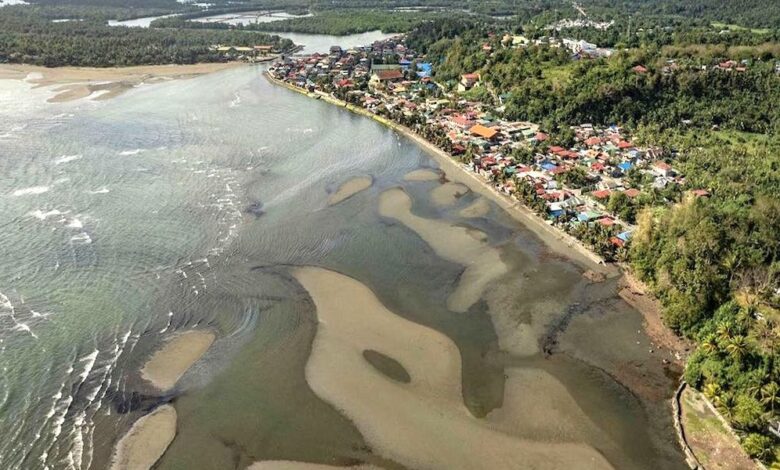Oil washes up 350 km away from where controversial Princess Empress went down in the Philippines last month

One month on from its sinking, the oil spill from the Princess Empress continues to spread, with authorities warning that around 40% of the cargo in its ruptured tanks have yet to gush out into the seas off Mindoro island.
The controversial ship sank on February 28 in stormy conditions off the island of Mindoro having lost power. It was carrying more than 800,000 litres of industrial fuel oil on a domestic voyage.
The Princess Empress was found last week by a Japanese remotely operated underwater vehicle, at a depth of nearly 400 m.
It had suffered “extensive structural damage”, the Philippine Coast Guard said. Seven out of eight cargo tanks have leaked. Of those, four are already empty.
More than 300,000 litres of oil are still in the sunken tanker, the Philippine Coast Guard (PCG) said today.
Oil has been found as far away as the western island of Palawan, more than 350 km from where the tanker went down.
Some oil has also drifted north to the Verde Island Passage, between Mindoro and the Philippines’ main island of Luzon, an area highly prized for its rich marine bioversity.
The two main slicks northwest and southeast of the tanker now span around 162 sq km.
The ship’s history has been brought into question. While shipping database Equasis lists the locally flagged Princess Empress as being built in 2022, the country’s justice secretary, Jesus Crispin Remulla, has said the vessel was in fact very old, a candidate for scrapping, that had been modified twice, including a period where it traded as an LPG carrier.
Hernani Fabia, administrator of the country’s Maritime Industry Authority (Marina), said earlier this month that the ship owned by Manila-based RDC Reield Marine Services did not have a permit to operate before it headed on its fateful voyage. A senate hearing also heard that the ship had travelled on nine previous voyages without the right paperwork.
